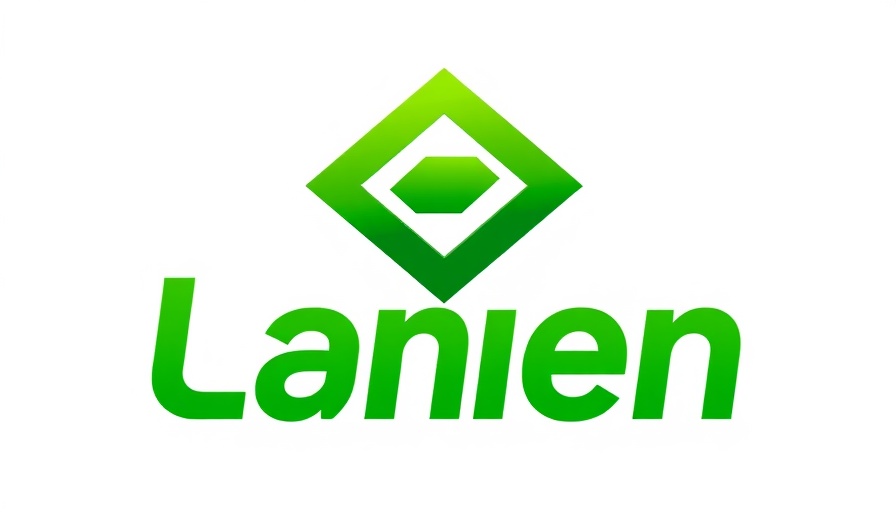
Extending the Deadline: What This Means for TikTok's Future
In a stunning move that reflects ongoing negotiations and regulatory challenges, President Donald Trump has announced a 75-day extension for a deal involving TikTok, strategically delaying the app's potential ban. With 170 million users in the U.S. alone, TikTok's predicament poses significant implications for small business owners and entrepreneurs reliant on digital marketing. As the deadline looms, big tech companies are rushing to propose bids or different arrangements, showcasing how critical this app has become in the business landscape.
Why Companies Are Competing for TikTok
With offers flying in from major corporations like Amazon and tech players such as AppLovin and Oracle, the competitive landscape surrounding TikTok reflects the broader trend of tech acquisitions and partnerships. Each offer highlights a unique value proposition—Amazon seeks to integrate the platform into its vast ecosystem, while Oracle's potential lease arrangement presents an innovative way to navigate regulatory challenges. This could symbolize a shift in how technology companies approach deals involving sensitive data, particularly for platforms tied to user privacy concerns.
The Broader Implications for Digital Tools in Business
The ongoing saga of TikTok underscores a pivotal moment for digital tools in small business. As companies leverage platforms for marketing and customer engagement, TikTok has become an invaluable asset due to its popularity among younger audiences. A deal that successfully keeps TikTok operational may serve as a win for small business owners who have recently adapted their marketing strategies to utilize TikTok's viral potential. Understanding this evolving environment is essential for leveraging modern advertising techniques that drive growth and income boost for companies.
Alternatives to Purchase: Leasing Technology as a New Precedent?
The leasing model being considered could redefine how technology companies collaborate with foreign entities. By allowing ByteDance to maintain control over TikTok’s algorithm while still presenting a path for U.S. engagement, this approach might emerge as a blueprint for future international deals. It's a unique situation — one where business interests intersect significantly with national security concerns. For small business owners, this creates a layered understanding of how regulatory frameworks can affect their access to digital marketing tools.
Understanding the Regulatory Landscape
This negotiation represents much more than a corporate acquisition; it highlights the increasing regulatory scrutiny surrounding international tech deals. The law that spurred the U.S. government to push for a sale underscores the delicate nature of data privacy and national security. Entrepreneurs must stay informed about these shifts, as changes in regulatory frameworks can have far-reaching effects on their business strategies.
Additional Insights: What Can Entrepreneurs Do Now?
While the outcome of TikTok's negotiations remains uncertain, it is crucial for small business owners to adopt flexible marketing strategies that can adapt to changing digital landscapes. Engaging with diversified platforms and staying abreast of tech trends can position businesses advantageously in rapidly shifting environments. Networking with industry peers and investing in emerging digital tools could help mitigate potential disruptions that regulatory or competitive changes may bring.
Crucially, this situation serves as a reminder of the necessity to develop adaptive responses to market conditions. The decisions made in upcoming weeks could reshape not just TikTok's fate but also influence your business's future viability as more companies navigate similar regulatory environments.
 Add Row
Add Row  Add
Add 




Write A Comment